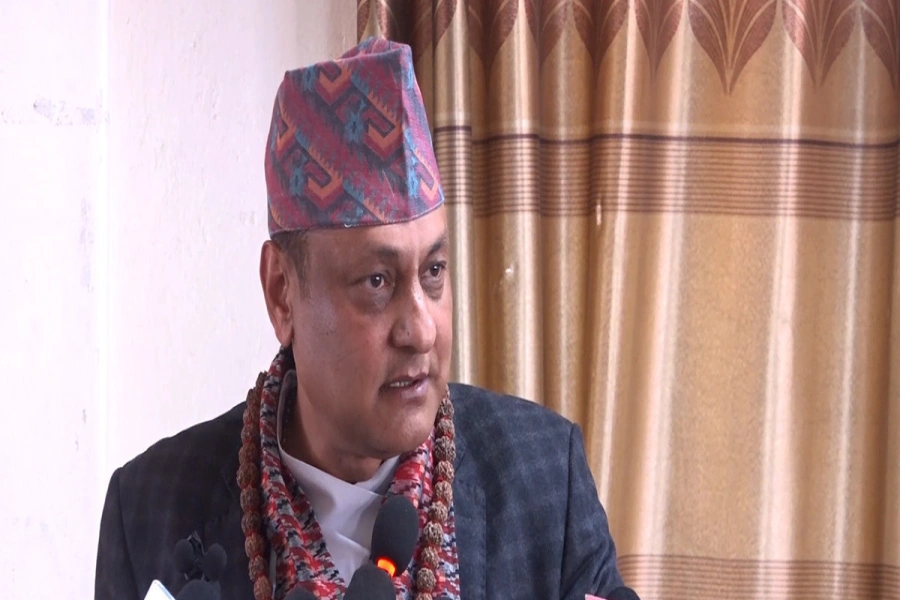“Hashish and Marijuana sold here - 1st floor,” read the signboard on one of the houses back in 1969 on the Old Freak Street, Kathmandu Durbar Square. Out of many, this signboard tells us a lot about how Nepal was one of the countries where Marijuana was legal when it was illegal in the western countries.
With the start of the Hippie Trail -- an overland journey by hippies from Europe to South Asia -- there were smuggling routes for drugs in these countries. It also led to an enormous increase in the production of hashish in Nepal during those days. On the other hand, international communities were not pleased with how Nepal was becoming a hub for the hippies and eventually pressurized the Nepali government to ban the use and cultivation of hashish and marijuana here.
This provides us with enough evidence that the economic status of Nepal was booming with marijuana becoming a legalized recreational herb.
‘Green hydrogen laws needed’

However, it has already been more than three decades since the herb was termed illicit. And now, the country that pressurized Nepal in banning the use of cannabis, the United States, had already made the use of marijuana legalized for recreational and medicinal use in eight of its states while there are many other states that are planning on doing the same. According to Colorado Department of Revenue, 2018, out of these states, Colorado alone made the total revenue of $247,368,473 in 2017 through marijuana taxes, license and fee revenues. This has made Colorado one of the growing economic giant states and it has become able to invest the revenues in different sectors including education, health, and other major developmental activities.
Despite knowing the fact that the legalization of marijuana would have the same benefits in Nepal, the country may not be able to do so. Political instability and the lack of implementation of rules and regulations are some of the major hurdles for the country.
In the recent years, I have heard the Nepali youngsters seem to be open about the legalization of marijuana. Recently, I came across one of the songs Maali K Green presented by Lucent Films which came into limelight with one of its hits “Baal Ho”, covers the story of a Nepali marijuana entrepreneur in California with the motto “Make Nepal Green Again”. Though it remains as an illicit drug, it is also one of the most used herbs in Nepal.
And the legalization would enable government collect taxes and avoid unnecessary smuggling activities leading to the economic growth, and once again become a major tourist attraction.
With the growing use of technology and its advancement, a lot of other sectors have benefited and aided the states with the manufacturing of marijuana-related equipment like the rolling papers, pipes, bongs and many others.
This obviously opens up an employment opportunity for thousands of people and eventually leads to a good, healthy and sound environment with the overall development of the specific place. One of the healthy arguments that many marijuana users make is that there have been no deaths due to the use of marijuana while there have been thousands due to the use of alcohol.
However, alcohol is socially acceptable and legal whereas marijuana is taken as an illicit drug. With the knowledge that the alcohol and the marijuana both carry some negative effects, it is better to tackle with other remedies instead of banning its use.
Thus, I believe legalization of marijuana would help to establish a healthy relationship between the users, manufacturing companies and the economic growth of the states or a country.
Poudel is an undergraduate at the University of Mississippi, US.




































